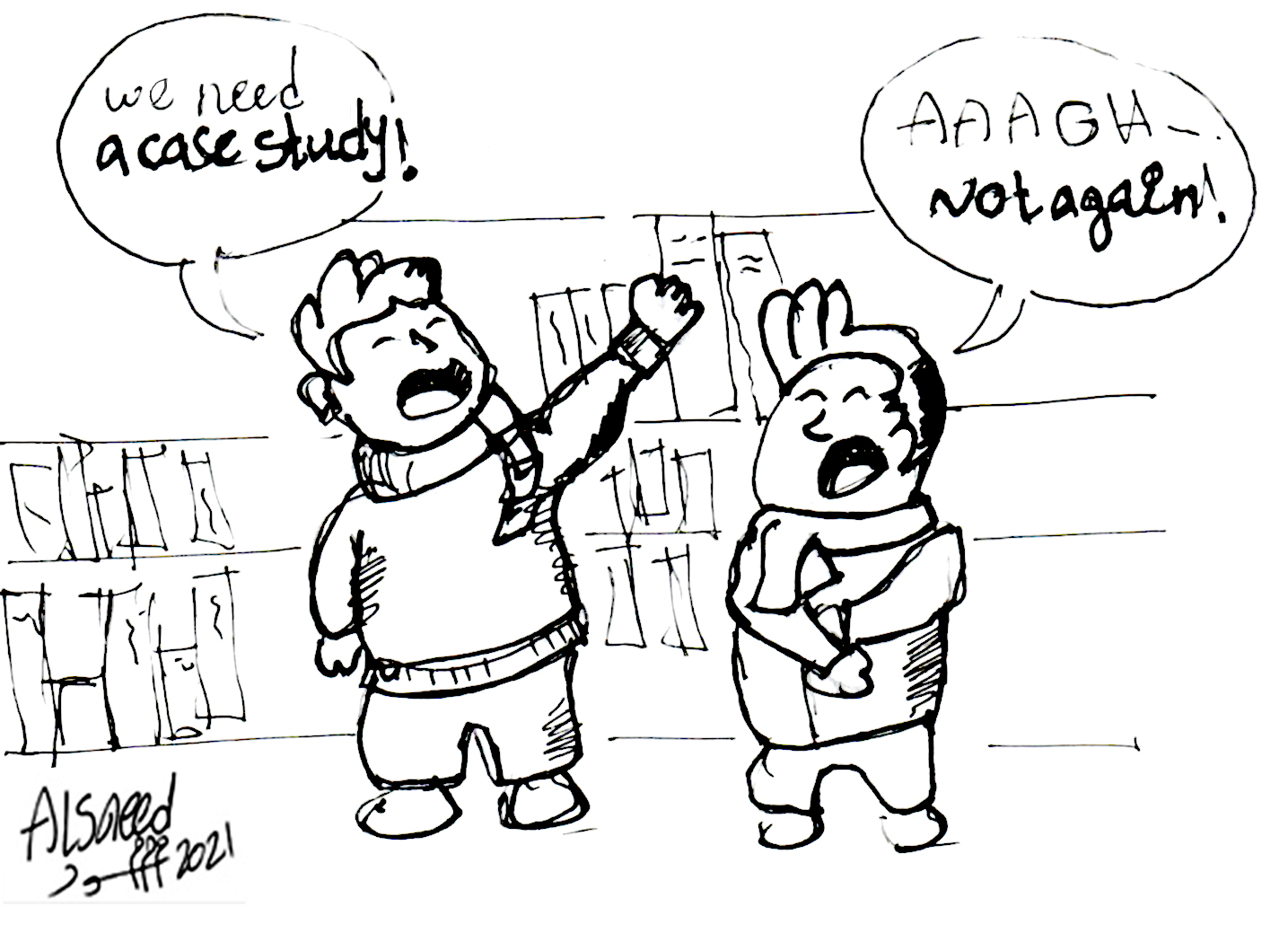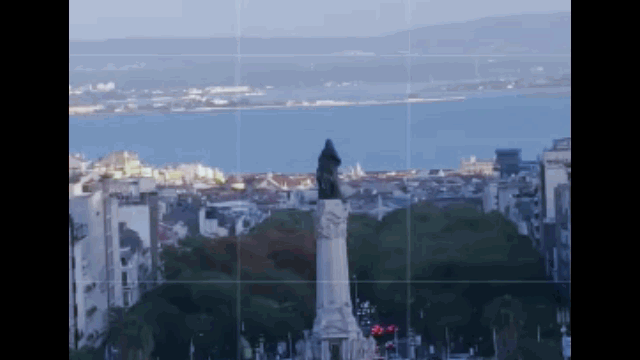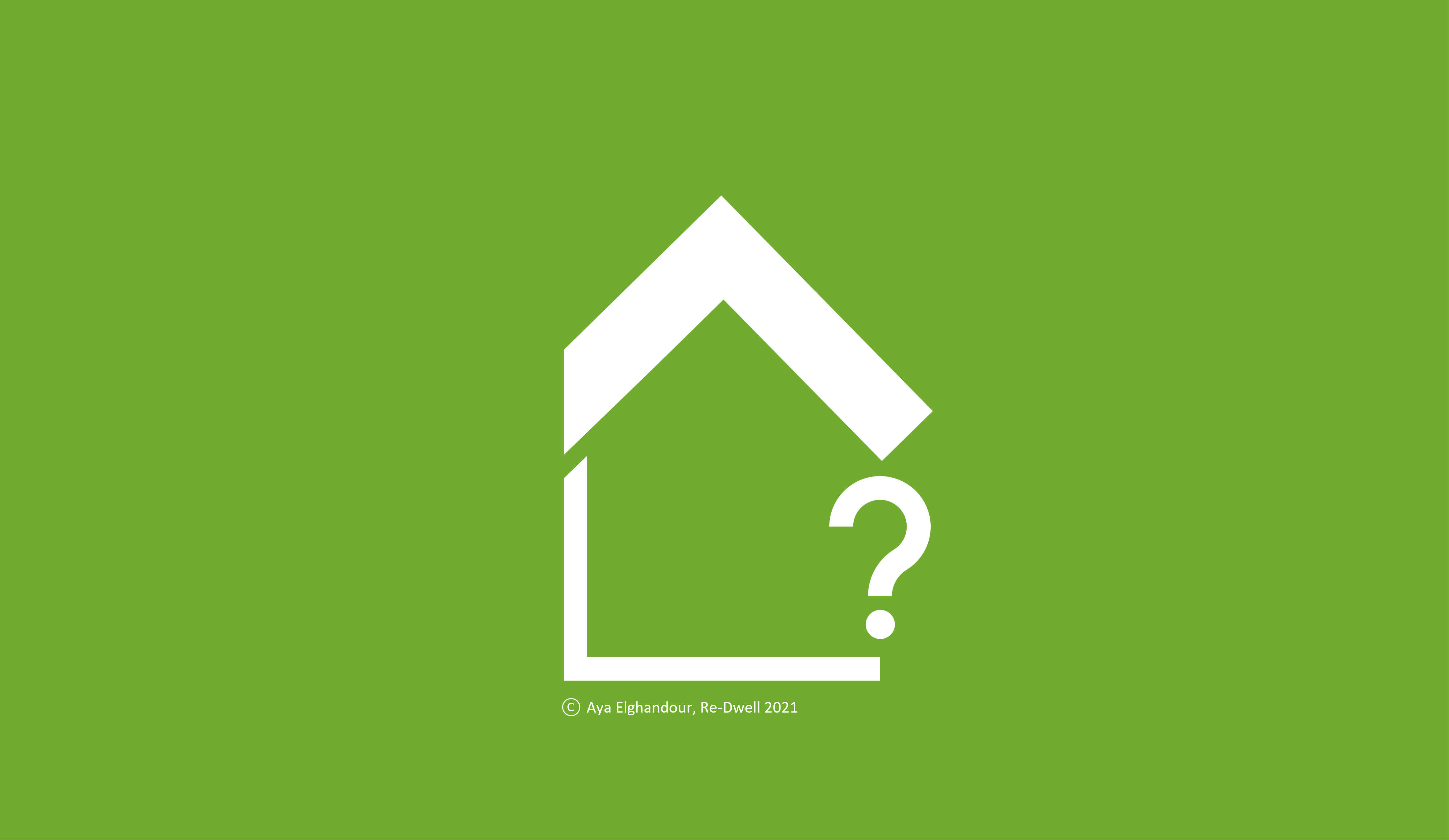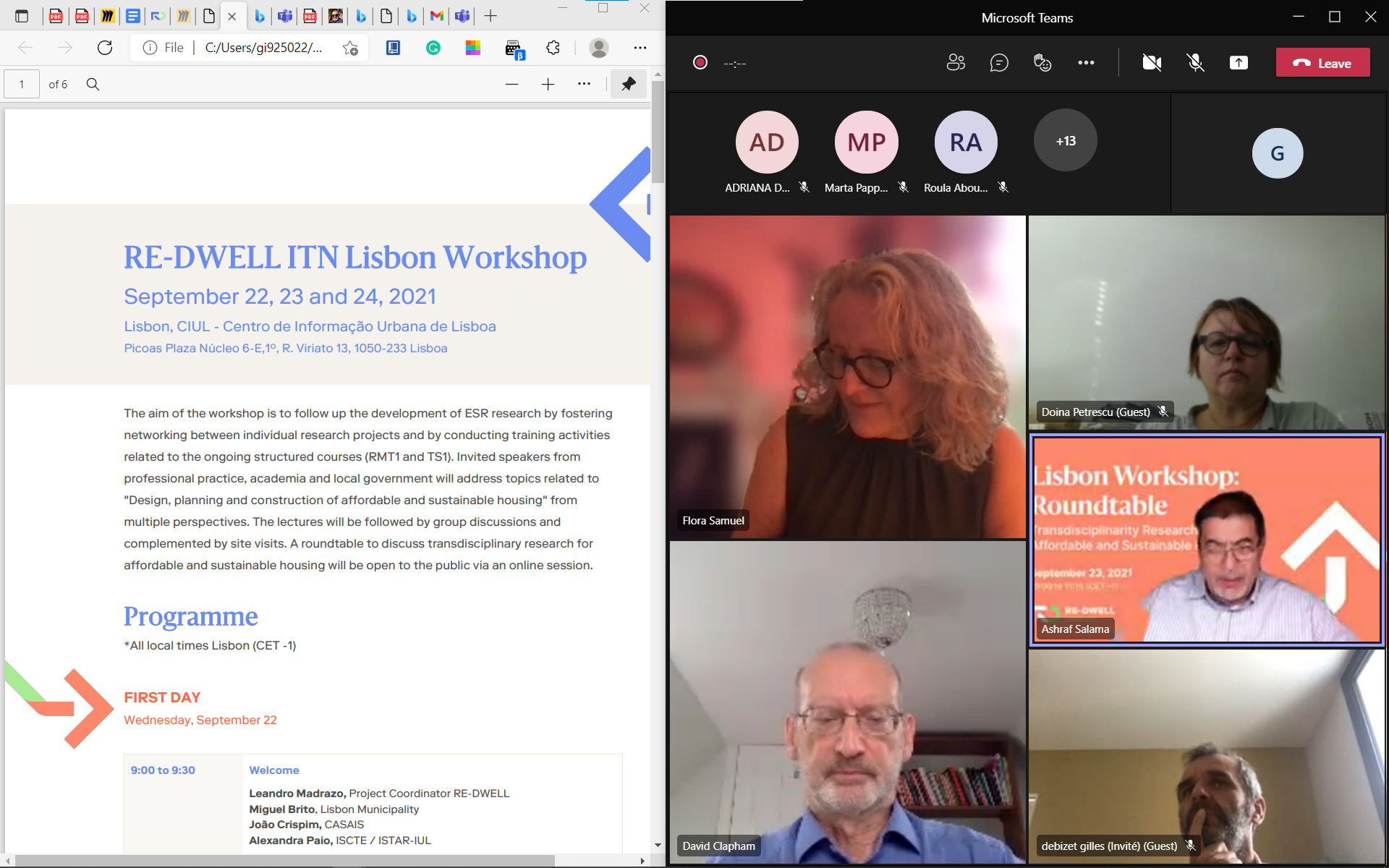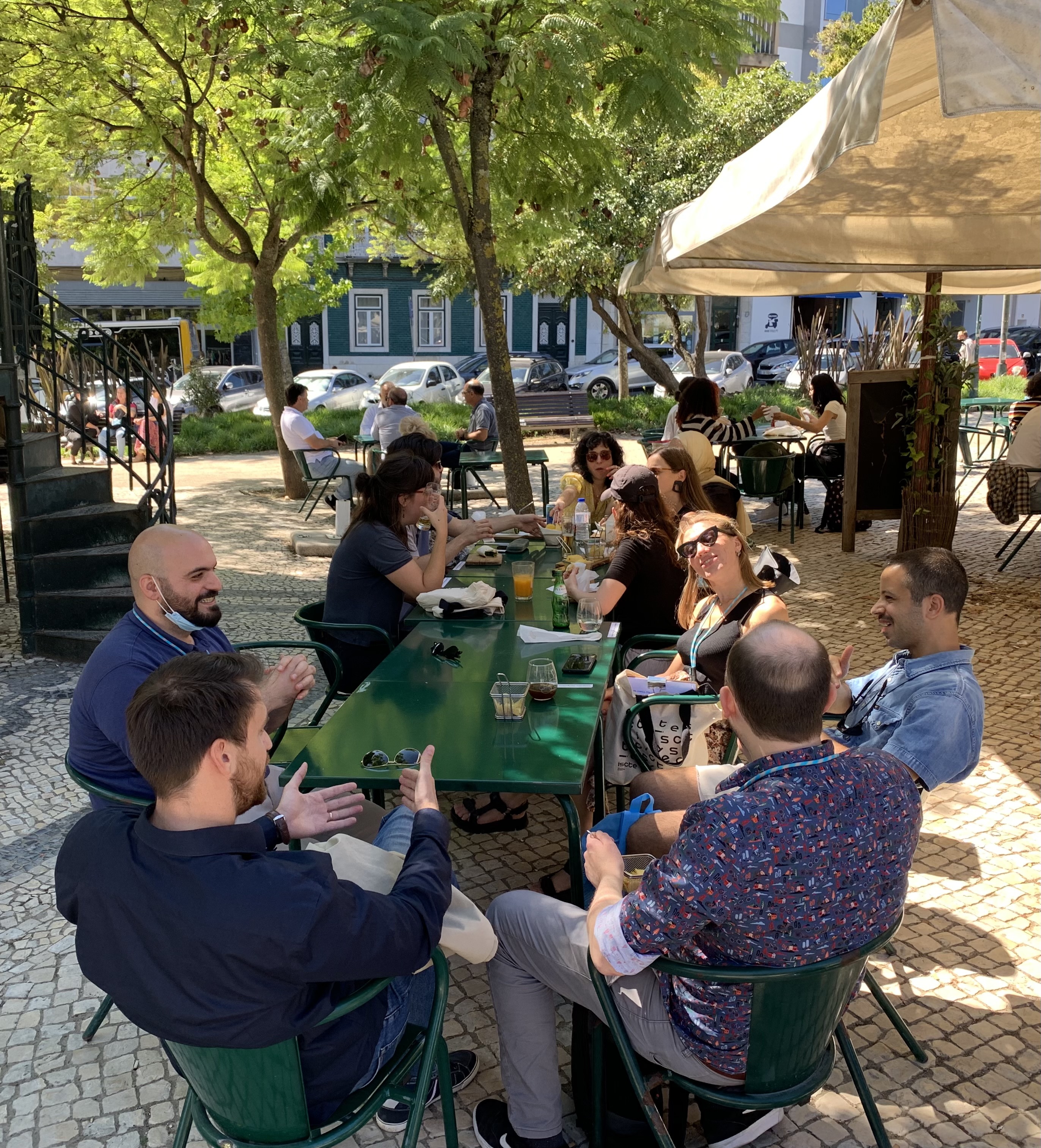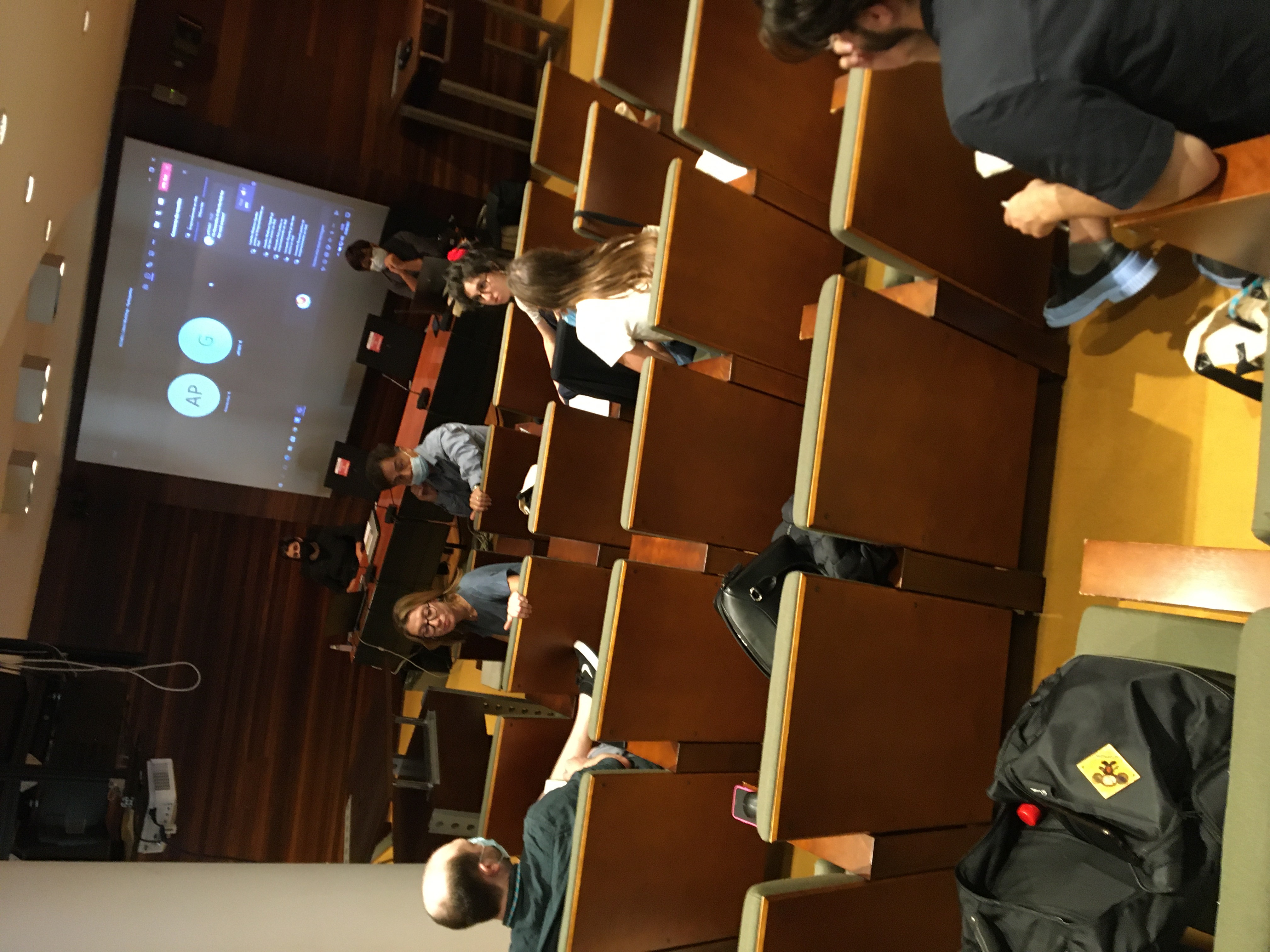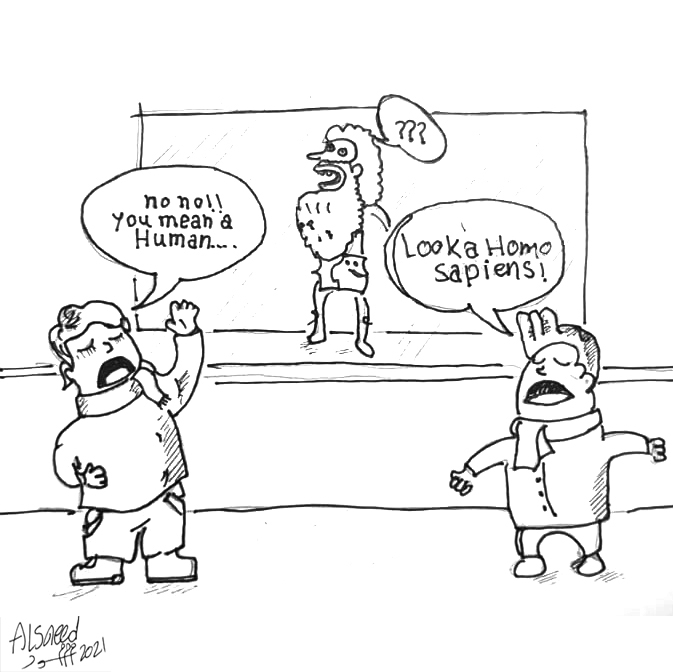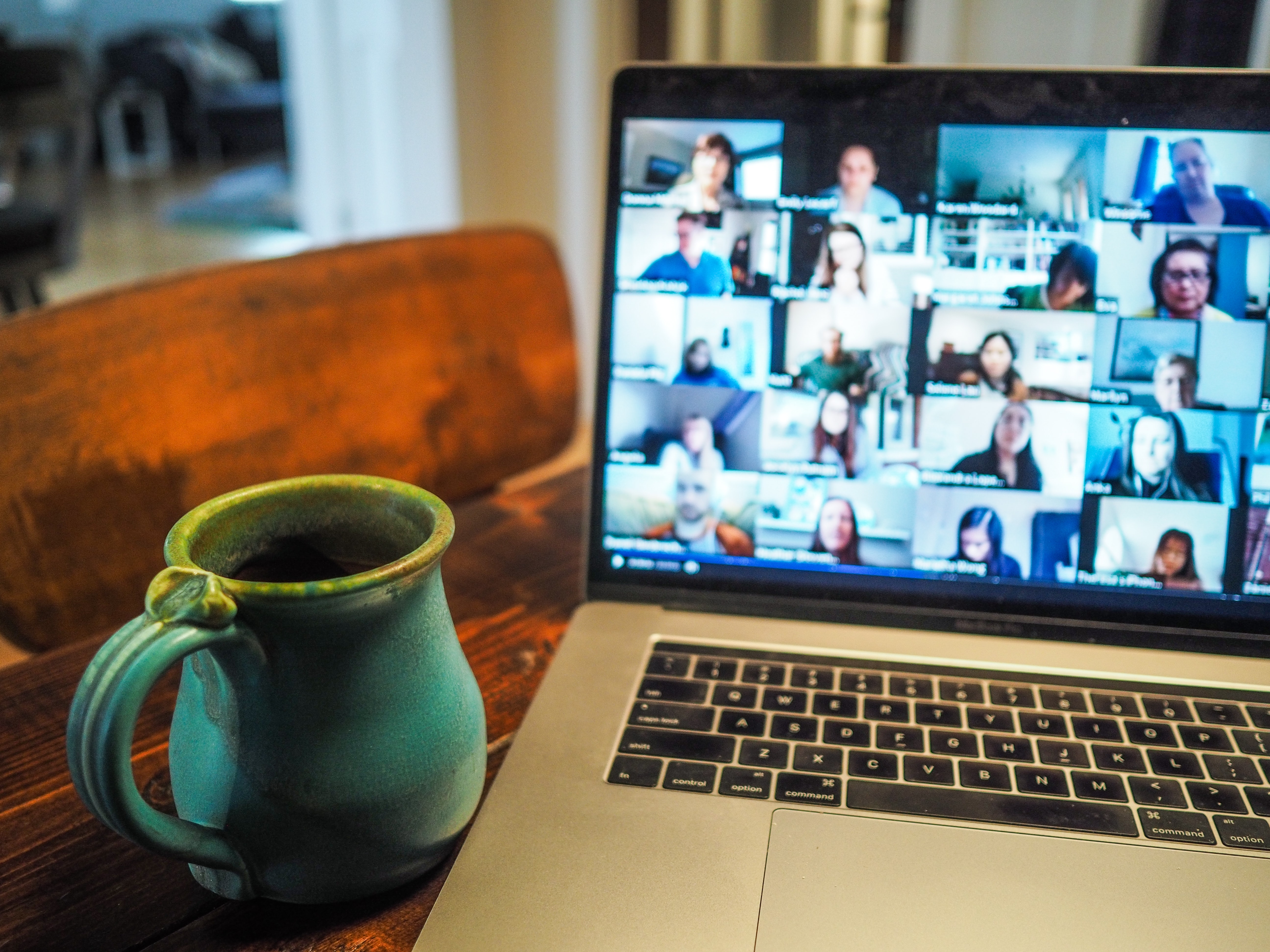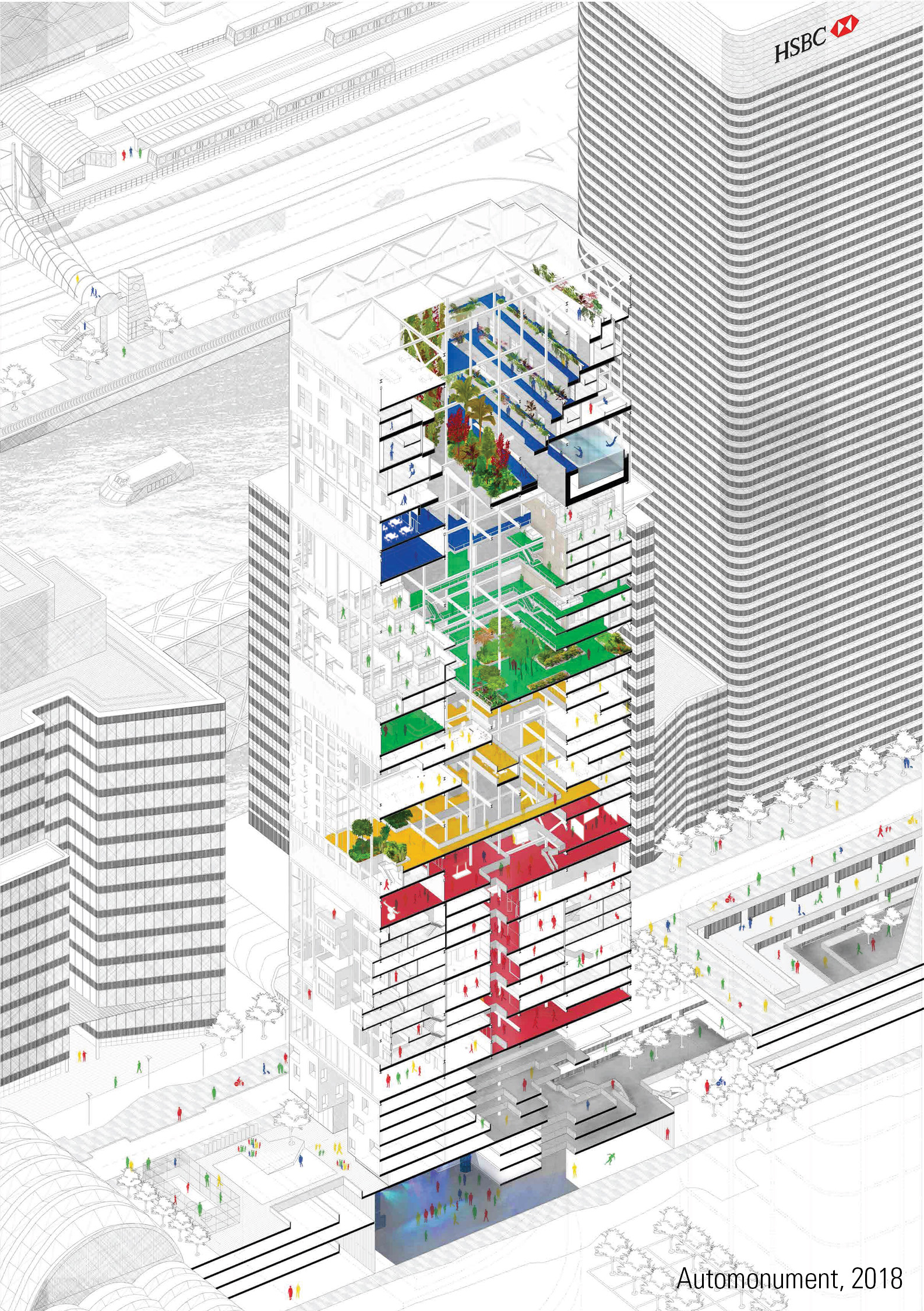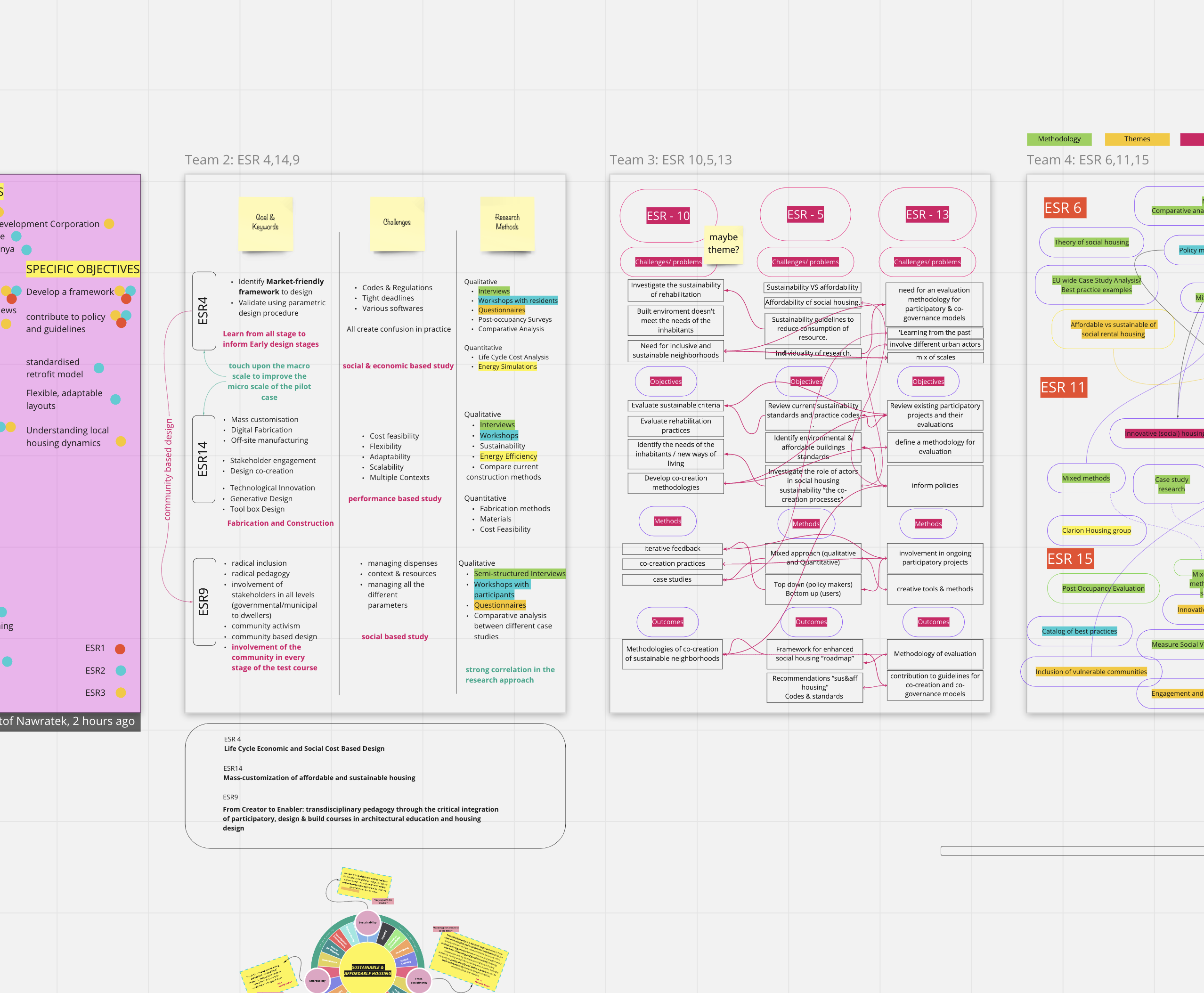The case study decoder
Posted on 28-10-2021
Case study analysis. These are the three most confusing words – at least for me. Although being an architect has taught me the meaning and principles of case study selection and analysis, I still face difficulties with grasping the true benefits of the case study, specifically from the social sciences point of view. Therefore, in this blog post, I aim to clarify what the case study is, the history of the case study, and the different methodologies for investigating the case study.
The ‘case study’ as a case study
‘There are two ways to learn about a subject: One may study many examples at once, focussing on a few dimensions, or one may study particular examples in greater depth.’ Gerring, 2016
Let’s start with the basics and ask, ‘How does one define case study?’ Let’s break this concept up into its relevant pieces. Firstly, case means, ‘A particular situation or example of something.’ This situation may be comprised of states or state-like entities (regions or municipalities), organisations (firms or schools), social groups (race or age), events (revolutions or crises), or individuals (a biography or profile). Secondly, study, means, ‘The activity of examining a subject in detail to discover new information.’ By merging both of these meanings, a broad definition of case study is reached: A comprehensive investigation of a particular case (or cases) within a specific context, both of which are determined by the investigation interests (Gerring, 2016).
When investigating the meaning of a case study, several associated terminologies arise, such as argument, observation and sample. An argument denotes the focal point of study and is defined as the theory, proposition or hypothesis driving the analysis. As observations govern the behaviour and use of variables in a case study, an observation can be said to define the strict boundaries of the units of analysis. Lastly, a sample is the data that are subject to analysis, which can either be singular or a collection of data (Gerring, 2016).
The origin of the case study
The debate around the origin of the case study continues. One school of thought suggests that the case study as a form of research is an ancient concept and has been used throughout recorded history. Another theory states that the case study as a method of education was invented in the 1880s by Christopher Columbus Langdell, who was the Dean of Harvard Law School between 1870 and 1895. Yet another group suggests that the case study as a methodology originated from French economist, engineer and sociologist Pierre Guillaume Frédéric Le Play around 1829, when he used this methodology to test his theories before publication. I am sure you have noticed the differences within these groups: the case study as a form of research; the case study as a method of education; and the case study as a methodology (Harrison et al., 2017).
Even though there are different uses for case studies in these designations, all of these groups agree that, by the mid-to-late nineteenth century, case studies had become the norm as teaching tools for developing new theories and hypotheses. By the start of the twentieth century, industrialists began looking at using the case study to develop their own theories on efficiency, manufacturing, supply lines and so forth (Carter, 2018, Gerring, 2016, Harvard, 2016).
Despite the different opinions on its origin, the use of the case study spiked in the 1970s and has only continued to grow since (figure 1). This is mainly because of the increase in attention to its approaches, including the development of several new approaches. This is in conjunction with a noticeable increase in the use of case studies in publications, both in the social and applied sciences, as case study research is considered a primary methodology in testing and proving new theories and hypotheses (Gerring, 2016).
The types
Case study as a form of research has many different forms, with each dictating different approaches and deploying different instruments. Discussing all of the types would result in a very dense list, so the main four types are discussed below (Harrison et al., 2017):
- Descriptive (illustrative) case study: used to examine a familiar case in order to help others understand it. Its primary method is the description of the variables.
- Exploratory case study: used to identify research questions within real-life contexts and situations. It is often deployed before large-scale investigations, making it is very popular in the social sciences, particularly political science.
- Cumulative case study: used to gather information on the topic at hand at different times. This type is widely used for qualitative research.
- Critical instance case study: used to determine the causes and consequences of an event, and investigates one or more phenomena. A critical instance case study can also be used to test a universal assertion.
So far!
In summary, it is safe to say that the case study is a method of analysis that is no longer confined to just developing theories and hypotheses. It is a technique of research that also makes a case for coming up with solutions for given problems. It is worth noting that, unlike most of the statistically-based studies, the main goal of creating a case study is to look for some new variables while you are conducting research. Simply put, the case study looks to the characteristics of the past and present to make sense of the future.
Choosing which case study to analyse is usually the most important and difficult task in this research process. Therefore, a systematic framework that defines the research problems, questions and objectives needs to be created so as to make it easier to find the relevant case study that can address the research needs of the project.
References
CARTER, A. 2018. The History of the Case Study – Why It’s Important [Online]. Available: https://www.improveyourwebcontent.com/the-history-of-the-case-study-why-its-important/ [Accessed].
GERRING, J. 2016. Case study research: Principles and practices, Cambridge University Press.
HARRISON, H., BIRKS, M., FRANKLIN, R. & MILLS, J. Case study research: Foundations and methodological orientations. Forum Qualitative Sozialforschung/Forum: Qualitative Social Research, 2017.
HARVARD. 2016. The Case Study Teaching Method [Online]. Harvard Law school Available: https://casestudies.law.harvard.edu/the-case-study-teaching-method/ [Accessed].
Author:
M.Alsaeed
(ESR5)
